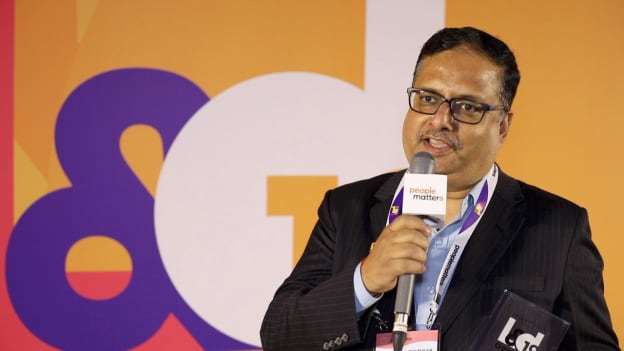Competence building for the digital transformation of business: Bosch

Bosch India is a leading supplier of technology and services in mobility solutions, industrial technology, consumer goods, energy, and building technology. With more than 31,000 associates, ensuring the digital competence of its workforce was a matter of relevance and sustainability to the organization. Here is how Bosch India used smart learning to build digital competencies for the present and the future.
The challenge
In an increasingly competitive world, Bosch was struggling to integrate the economies of the digitalization into its core business processes as its workforce was operating primarily on fuzzy definitions of new-age business and digital dynamics. The organization’s decade-old traditional automotive manufacturing culture was further making it challenging to implement an organization-wide change. However, the company already had in-house expertise for the Internet of Things (IoT), strong business fundamentals, and a new business model for ‘digital mobility’ the business of the new era. The challenge then, naturally, was to focus on the top weaknesses and threats, while simultaneously improving existing strengths and maintaining the market leadership position. Since this was a challenge that the organization was facing in all geographies, the global leadership at Bosch decided to make digital competence building the focal point of its plan to devise new systems, processes, and models of business operations.
The intervention
A new digital competence-building model, based on the existing one, was designed to focus on digitally transforming the organizations. It encompasses thirteen new competencies; six technical skills like Software Engineering (SWE), Artificial Intelligence (AI), Digital Transformation (DT), Cloud computing, etc. and seven cross-functional competencies i.e., Business Modeling, User Experience (UX), Agility, Change Management, etc. A clear pathway was developed to build these competencies across all levels of hierarchy and function. Bosch’s EDT Competence Model is designed on the following features:
- EDT Self-Check Tool: A tool to facilitate learners evaluate their digital competence as per 13 competencies included in EDT Competence Model.
- Basic and Advanced Programs: Learning programs to help learners basic and advanced skills in a variety of digital competencies and also provide measures of learning for each function and competency.
- Expert Qualification: Using eUniversities and external learning platforms to help learners build expertise in their competencies, bringing in external perspectives on knowledge.
- Digital Transformation Information: To help build awareness and mindsets among learners to prepare for a digital transformation & help them realize the importance of learning and upskilling.
- Training for Management: A one-day training setup to trigger digital business modeling in leadership for all senior and middle managers.
Across all hierarchies of leadership and management, the mentioned tools, resources and learning suites are being provided. However, there was an additional challenge of ‘cultural change’, which was suitably addressed by nominating department-wise ‘change agents’. Other challenges like investments for these learnings, learning architecture and infrastructure were also overcome by creating an organization-wide ‘buy-in’ by the L&D team.
The runaway success of the Bosch EDT Competence model has encouraged the organization to set even more ambitious goals for the next year
The result
The learning interventions at Bosch are not only optimizing existing business processes and improving efficiency but also enabling employees and leaders to develop and implement digital business models independently. With more than 90 percent of the learning forecast of 2019 already achieved, hundreds of learners have gained expertise in complex digital competencies, like the Internet of Things (IoT), cybersecurity, Augmented Reality/Virtual Reality (AR/VR), artificial intelligence, and data analytics. While 130 senior and middle managers have gained skills in digital business modeling. That’s not all; the management has identified digital products and customers for all business units and has also digitized several processes for partners and stakeholders. Digital transformation is expected to script a change in the organization’s culture, mentorship, and learning approaches as well. Among the workforce, several ‘DigiMonks’ (digital champions) have been identified in each business division, and they are playing a pivotal role in helping their peers self-evaluate, observe ‘digital days’, and experience digital immersion.
The runaway success of the Bosch EDT Competence model has encouraged the organization to set even more ambitious goals for the next year, as more than 1500 associates will be made digital business modeling competent and more than half of the company’s leadership will be equipped with digital skills to drive digital business models independently.












